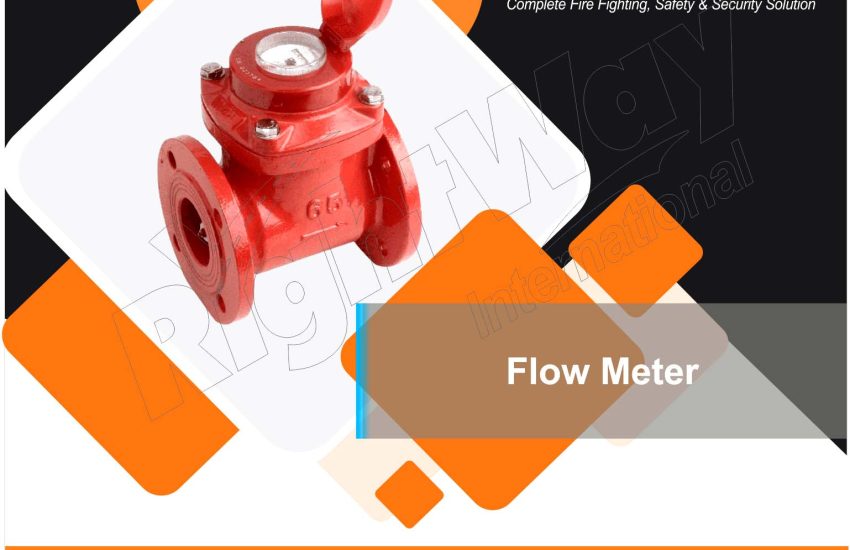Flow Meter are critical instruments used across various industries to measure the flow rate of liquids, gases, or steam in a system. This article explores the types, features, benefits, and common applications of flow meters.
What is a Flow Meter?
A flow meter is a device that quantifies the movement of a fluid within a pipe or system, providing data on the flow rate, total flow, or both. Accurate flow measurement is vital for process control, efficiency, and safety in many applications.
Key Features
- Types of Flow Meters: Flow meters come in several types, including mechanical (such as positive displacement and turbine), electronic (such as electromagnetic and ultrasonic), and mass flow meters, each suited for different applications.
- Measurement Range: Flow meters are available in various sizes and measurement ranges, enabling them to accurately measure low to high flow rates.
- Output Signals: Many flow meters provide analog or digital output signals that can be integrated into control systems for monitoring and automation.
- Durability: Constructed from materials like stainless steel, plastic, or glass, flow meters are designed to withstand harsh environments and corrosive fluids.
- Installation Flexibility: Flow meters can be installed in various orientations and configurations, making them adaptable to different piping systems.
Benefits of Flow Meters
- Process Efficiency: Accurate flow measurement helps optimize processes, leading to reduced waste and improved operational efficiency.
- Cost Savings: By monitoring flow rates, businesses can minimize resource consumption and avoid costly overuse of materials.
- Safety Enhancement: Flow meters help ensure safe operation by monitoring critical parameters, allowing for timely intervention if flow rates deviate from acceptable ranges.
- Compliance: Many industries require flow measurement for regulatory compliance, making flow meters essential for meeting legal standards.
- Versatile Applications: Flow meters are used in a wide range of applications, including water treatment, chemical processing, food and beverage production, and HVAC systems.
Applications
- Water Treatment: Flow meters are crucial for monitoring water flow in treatment plants to ensure proper processing and distribution.
- Chemical Processing: In chemical manufacturing, accurate flow measurement is essential for maintaining optimal production conditions.
- Food and Beverage Industry: Flow meters help control ingredient flow rates and ensure quality in food processing and packaging.
- Oil and Gas: Flow meters are used to measure flow rates in pipelines, refineries, and production facilities, ensuring efficient resource management.
- HVAC Systems: In heating and cooling applications, flow meters monitor water or refrigerant flow to optimize system performance.
Conclusion
Flow meters are indispensable tools for measuring and managing fluid flow across various industries. Their ability to provide accurate and reliable data enhances process efficiency, safety, and compliance. By investing in high-quality flow meters, businesses can improve operational performance and achieve better control over their systems.


